The Mexican government ended the state-run oil and gas monopoly in 2013, opening the sector to private investment and imports of refined products. KCS delivers to distribution terminals located in key manufacturing centers and densely populated areas not served by pipelines.
“We are really starting to see this come to fruition,” Chief Operating Officer Jeff Songer told the RailTrends 2017 conference last week.
KCS worked to get distribution terminal sites permitted, in some cases joining forces with partners such as Watco, WTC Industrial, and Bulkmatic. Ten terminals are currently in operation on KCS, while six more are under construction or are in the planning stages.
“We have a definite first-mover advantage here,” Songer says. “We’ve been working on these things for a very long time.”
The pipeline permitting and construction process in Mexico is even more cumbersome and time-consuming than it is in the U.S., so KCS does not expect the refined products market to be a flash in the pan like crude by rail was for U.S. and Canadian railroads.
“Pipeline connectivity in Mexico is lacking,” Songer says.
There’s also demand for products refined and produced at U.S. Gulf Coast locations, including Beaumont, Houston, and Corpus Christi, Texas. Gasoline storage is Mexico is measured in days, not months like it is in the U.S. And 80 percent of Mexican homes use propane for heating and cooking.
KCS ran the first unit trains to two new terminals — in Salinas Victoria and San Luis Potosi — last month from Gulf Coast refineries via its border crossing at Laredo, Texas, Songer says.
The KCS and Bulkmatic joint venture terminal at Salinas Victoria can handle up to 90,000 barrels per day — but can be built out to a capacity of 720,000 barrels.
The KCS joint venture transload facility with Watco and WTC at San Luis Potosi can handle 300 cars, including refined products, propane, ethanol, and asphalt. The site is currently under expansion, with additional capacity and storage tanks expected to come online in the fall.
“That will allow this unit train to really thrive,” Songer says.
KCS currently sends eight unit trains per month to the Howard Energy terminal in San Jose Iturbide, which has two loop tracks for 120 cars.
“They’ve already outrun the storage capability there,” Songer says.
Once storage rises by an additional 490,000 barrels by the middle of 2018, up from 190,000 today, the facility will receive a dozen unit trains per month.
KCS also can support barge shipments of refined products, hauling them from Mexican ports to inland distribution centers.
The refined products export business has come on quickly.
Shipments rose to 5,418 cars in the second quarter, up from just 1,675 cars in the first quarter. Hurricane Harvey trimmed the third-quarter tally to 5,132 carloads, KCS says. Absent the impact of Harvey and its historic flooding, the railroad estimates it would have handled 6,349 carloads in the third quarter.
Songer spoke on Friday, Dec. 1, at the RailTrends 2017 conference sponsored by analyst Anthony Hatch of ABH Consulting and industry trade publication Progressive Railroading.





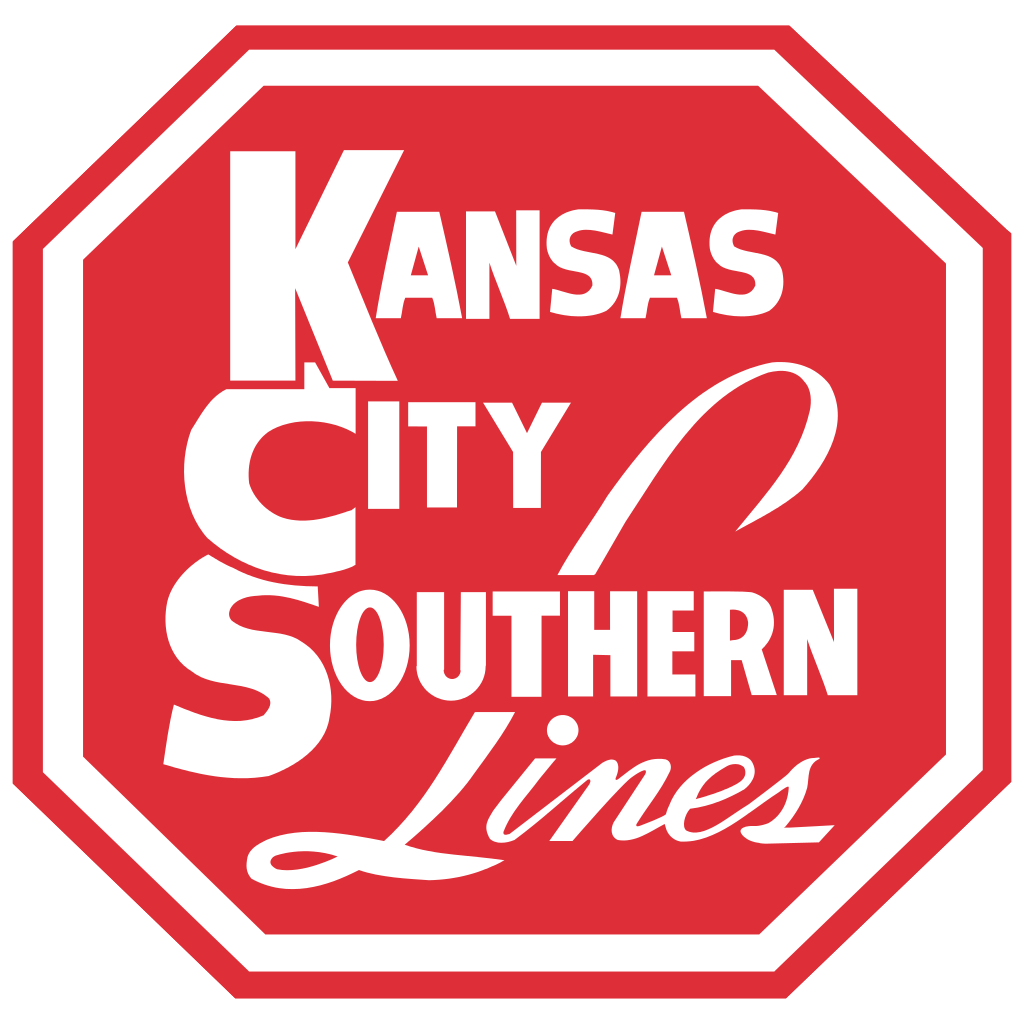

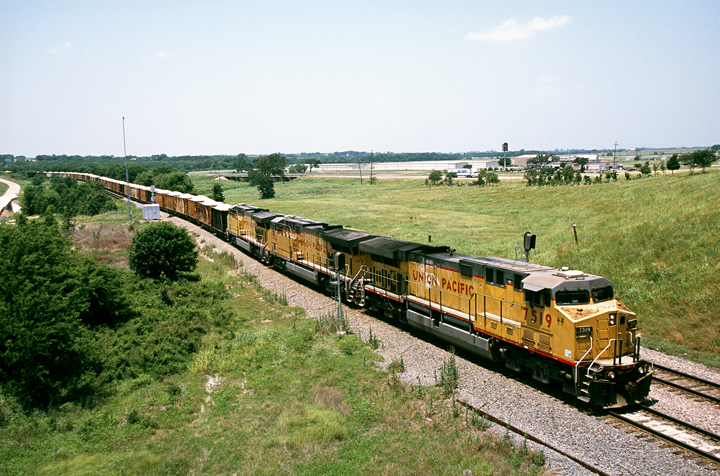
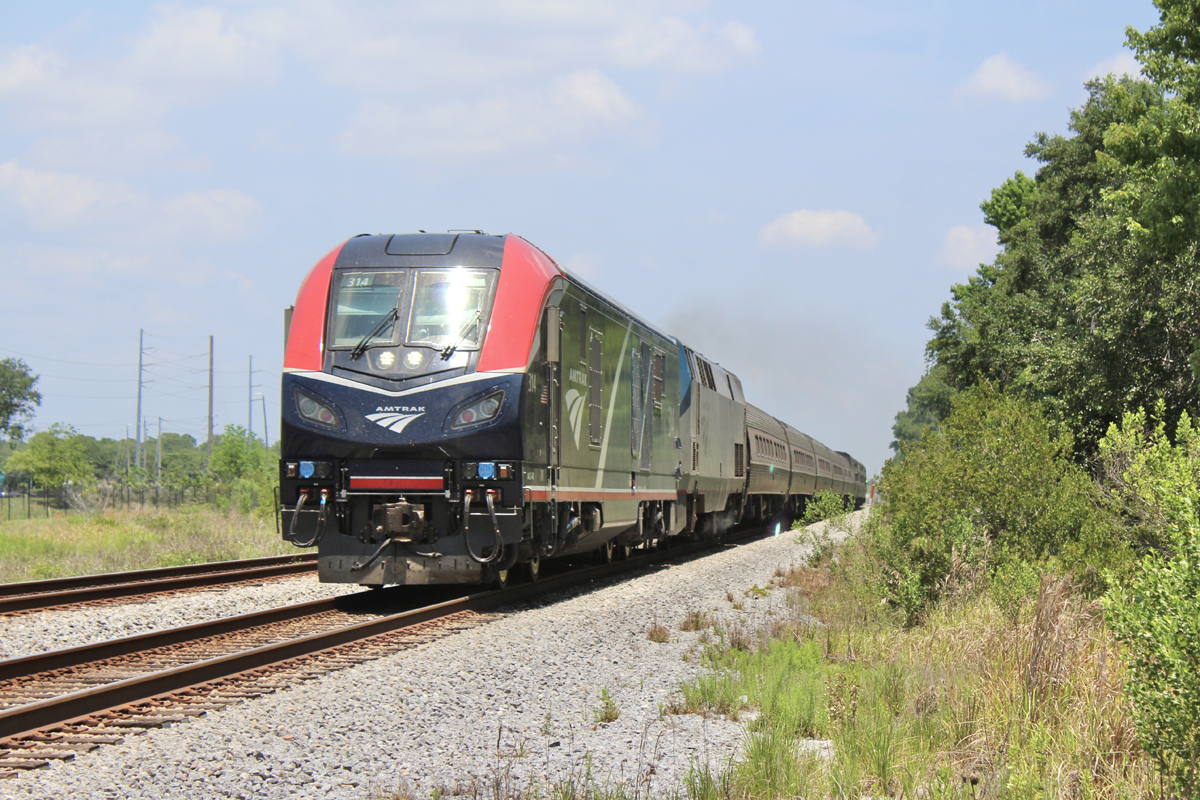
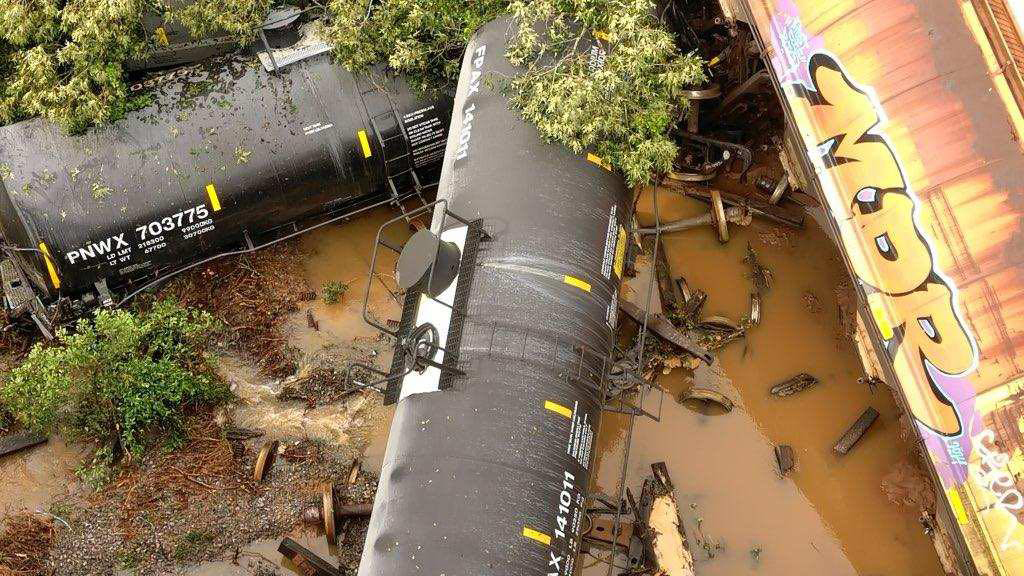
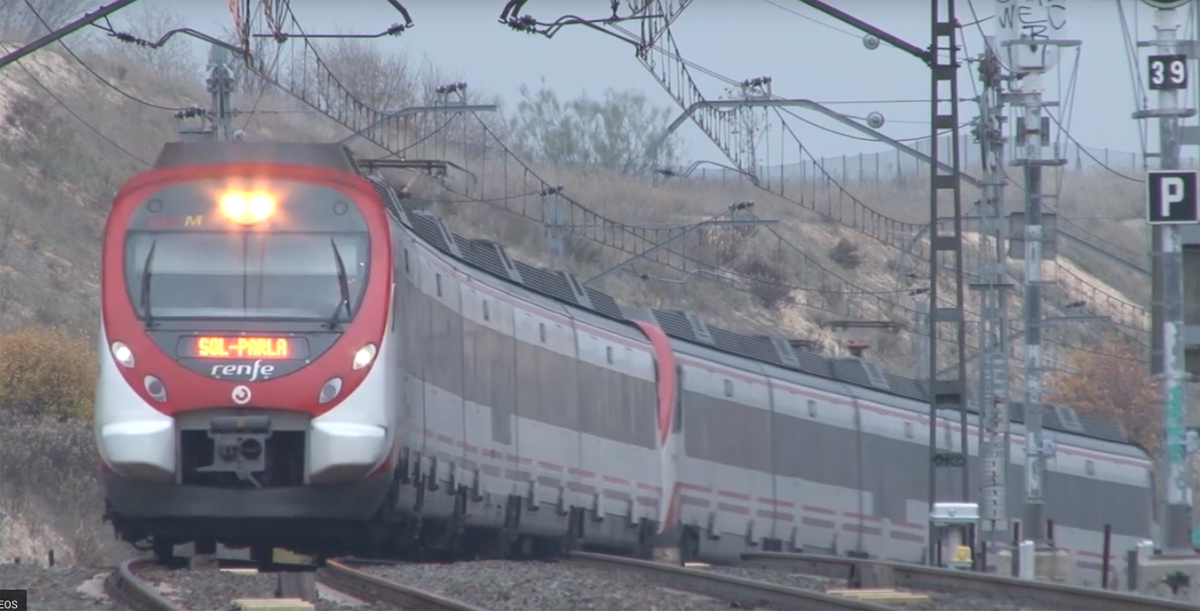




Bravo KCS! Eat your heart out CSX.
Currently PEMEX refineries in Mexico cannot produce enough diesel fuel to meet demand, thus that is why the movement of diesel fuel by rail is now a big deal. I believe Exxon Mobil has an agreement with KCS to move both diesel fuel and gasoline (I think) by rail from Beaumont, TX to Mexico, not sure of the amount, via an all KCS routing. Ethanol and crude oil will be next. There is a rumor of possible unit crude oil trains from west Texas (Big Springs area) to Mexico via UP…that might be a project that is currently in the planning stages. So much going on down in Mexico and not much reporting about it.
Thanks Allen, I appreciated your valuable insight. Let’s hope the business environment in the NAFTA group remains strong, especially this “energy by train” initiative, to help validate a reason to finance the re-build of the Alpine-to-Big Lake segment.
NAFTA exports to Mexico, hard at work. Who said NAFTA was a one way street.
Mr. Grant – to somewhat answer your question Grupo Mexico/Ferrosur/Ferromex has an agreement, signed in August, to run fuel trains for Valero from Veracruz to Puebla and a location near Mexico City. Truth is this isn’t anything really new as both KCSdeMexico and Ferrosur have moved diesel fuel west from Veracruz for years, just usually not in unit trains and never in the amount Ferrosur will handle once the new Valero terminal in Veracruz is completed in about a year. Grupo Mexico is looking to build 3 or 4 “fuel by rail” terminals in Mexico (the cities of Torreon, Chihuahua and Guadalajara are likely locations) and an outside company wants to build a huge facility near Aguascalientes, AG (on Ferromex).
Once the Presidio gateway is reopened it will benefit UP. The problem with the Texas Pacifico is the track is in poor shape from Alpine north to Big Lake.
Not mentioned in the article is UP handles the unit diesel fuel trains from point of origin (near Beaumont, TX) to KCS at either Robstown or Laredo. These trains usually run on UP with all KCS power, although UP units have been seen. These are the trains going to San Jose Interbide, 2 per week.
Also as an FYI Ferrosur runs chemical/oil product unit trains north from Coatzacoalcos, VL. They tend to be heavy with petroleum products and always run with at least 1 DPU set, sometimes 2. There are videos of these trains on YouTube. On the railroad they are called “quimico” trains (quimico is spanish for chemical).
With the success of this KCS venture, I’m expecting a rebirth of another vital NAFTA link The rail line (WIkipedia states) “…between the cities of Presidio, Texas, and Ojinaga, Chihuahua, on the United States-Mexico border (sic: remains in-place). The Presidio–Ojinaga International Rail Bridge is currently closed. It was damaged by fire on 29 February 2008, but there are plans to repair it.[1] It is owned by the Mexican government and the state of Texas Department of Transportation. It was privately operated under a lease by Ferromex subsidiary Texas Pacifico Transportation.[2]”.
As we know, Grupo Mexico owns 74% and Union Pacific Corporation owns 26% of Ferromex.
Alpine, Texas, could (finally) become an active interchange, as I’m confident San Angelo Junction would become with BNSF and the Forth Worth & Western (e.g. an additional outlet for KCS to Mexico via FW if demand/ supply warrants!). A three-way feeder network for energy product to Mexico’s West coast. Sure, refineries are not necessarily on this route – yet.
Just my two-cents work, for I’ve always wondered “Why?” can’t the Presidio route become viable. KCS has shown the way; is Grupo Mexico next to take the challenge of establishing the requisite infrastructure for success under the NAFTA banner?
Kip